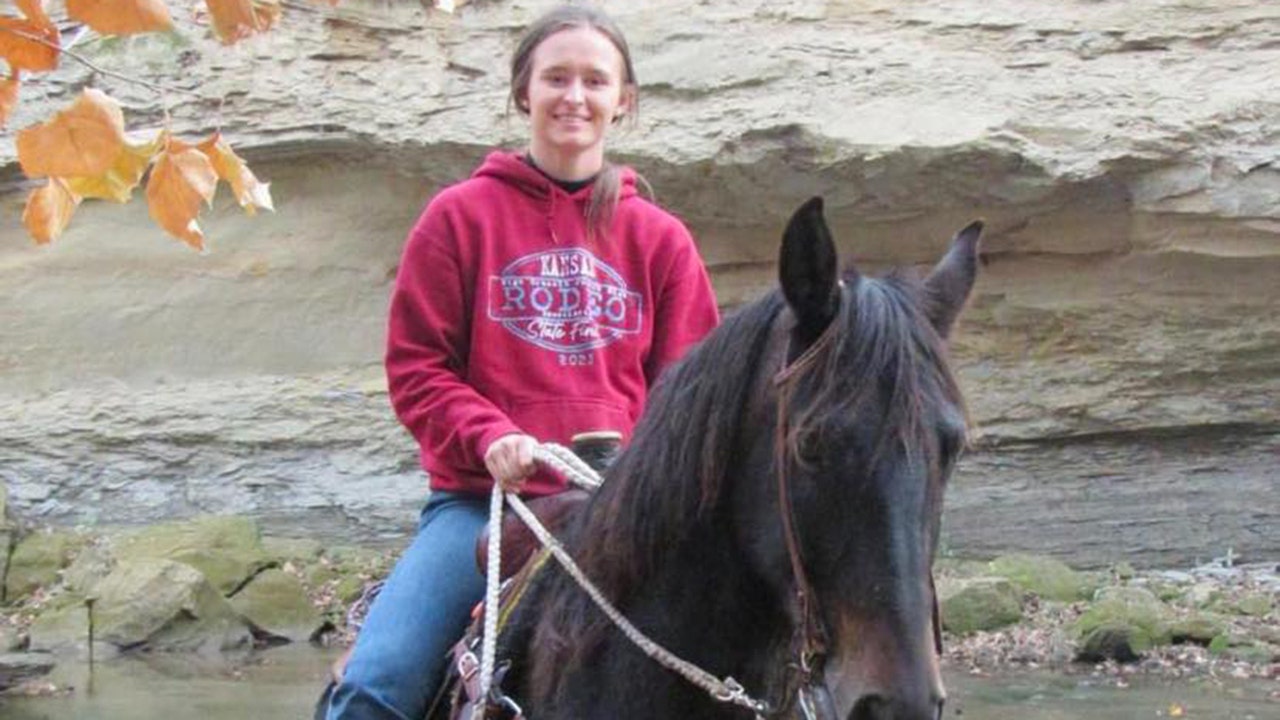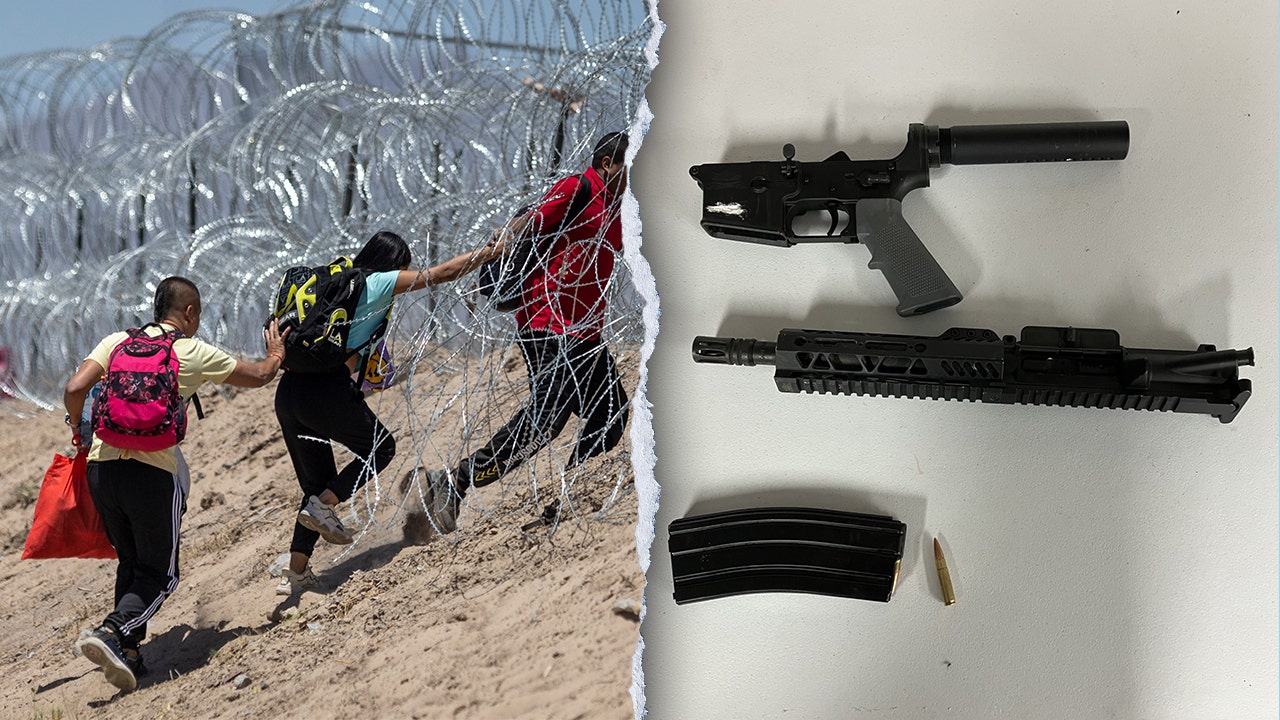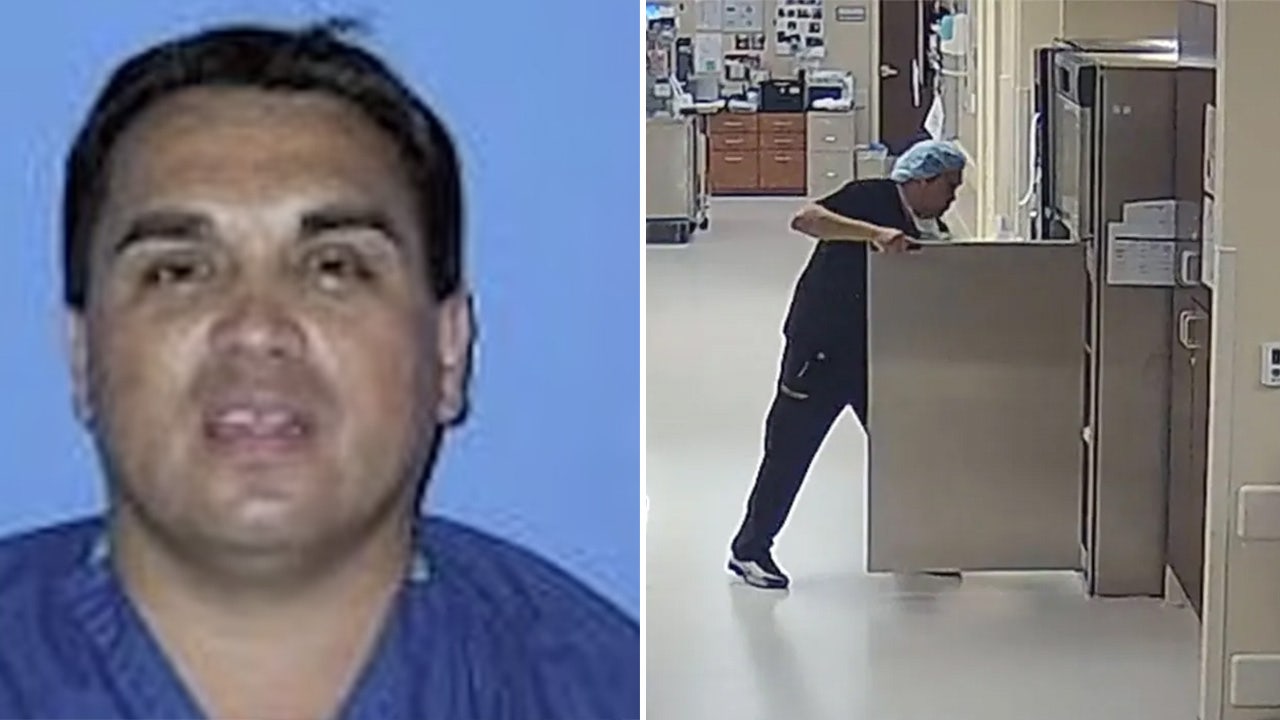Hunter Biden’s legal case is, at its root, a story about the toxic, careless choices made by a drug addict. It’s about the fact that addicts weave tragedy into their own lives and into the lives of those around them. Addicts don’t think about other people; they think about themselves. And they lie — that’s how they supply their addiction.
I was addicted to amphetamines from the time I was a teenager into my early 20s. Preferring prescription amphetamines to tablets of methamphetamine punched out in someone’s garage (although I took those, too), I went into doctors’ offices and spun out lie after lie. When my fondness for speed led me to cocaine, I got behind the wheel of my car and drove home some nights up a winding, treacherous canyon road thinking nothing of the fact that I might kill someone on that road, including myself.
Some observers argue that if Hunter Biden were not the president’s son, he wouldn’t be on trial for buying a gun while being addicted to drugs, since he had the gun for only 11 days and it wasn’t used in any crime. I’m not a legal expert. I’m not qualified to weigh in on that. But as the daughter of first a governor and then a president, I do know what it’s like to live under a glaring, unforgiving spotlight that never dims. The choices you make in your life, the mistakes, the stumbles, are preserved forever and sometimes tossed out in front of you like a minefield you have to keep crossing. Hunter Biden has had to sit in court listening to his ex-wife and his ex-lovers testify about the messiness and insanity of his drug addiction. I’m going to hazard a guess here and say that they probably described things that he doesn’t even remember. He had to watch his daughter take the stand and testify, something that’s intimidating, even frightening, under any circumstances. And whatever the surrounding political circumstances, ultimately he has to know that he is responsible for all of it.
Some have focused on the fact that if he had just agreed to a more modest plea deal, he could have lessened his family’s pain by sparing everyone this very public trial. Maybe. But selfishness leads addicts down many wrong roads, sometimes even long after the addiction itself has loosened its grip.
It also forces those around them to make wrenching choices.
Last week, when I watched President Biden field two questions about his son, I saw the world of hurt behind his replies. David Muir, the ABC News anchor, asked the president if he would accept the jury’s verdict in his son’s case, no matter what it was. “Yes,” he said. Then he was asked if he would rule out a pardon if Hunter was found guilty. Again, he said yes. His answer came from the acute awareness of his, and his family’s, very public life — a life scalded by the bright light of politics. A light that defines and reshapes everything.
I’m quite sure it wasn’t the answer that a grieving father wanted to give. But his son’s actions, and his son’s illness, forced him into a choice between the primal urge to protect a child and the public responsibility to uphold the law. That is a terrible place to be.
Addicts, like everyone else, have to be held accountable for their lies. But being held accountable under the judgmental eyes of the world means you’re defined by your sins, not by the person you’re trying to become. Moving on is a grace bestowed on others, not you.
It might sound naïve in these scathingly partisan times, but it would be nice if the rest of us — or even most of us — could look at how sad this story is. How a man with a loving, supportive family and every advantage and opportunity still fell into the roiling abyss of drug addiction and couldn’t stop swimming around in its dark waters. How even though he has worked hard on getting and staying clean, his past mistakes and sins follow him, collide with him and demand to be addressed. They are still today racking up collateral damage, causing tremendous pain to those he loves and who love him, even potentially endangering his father’s legacy.
There are a lot of Hunter Bidens in this world, people who fell in way over their heads, who long for someone to believe they can recover and construct their lives differently. You just don’t hear about them on the evening news.






